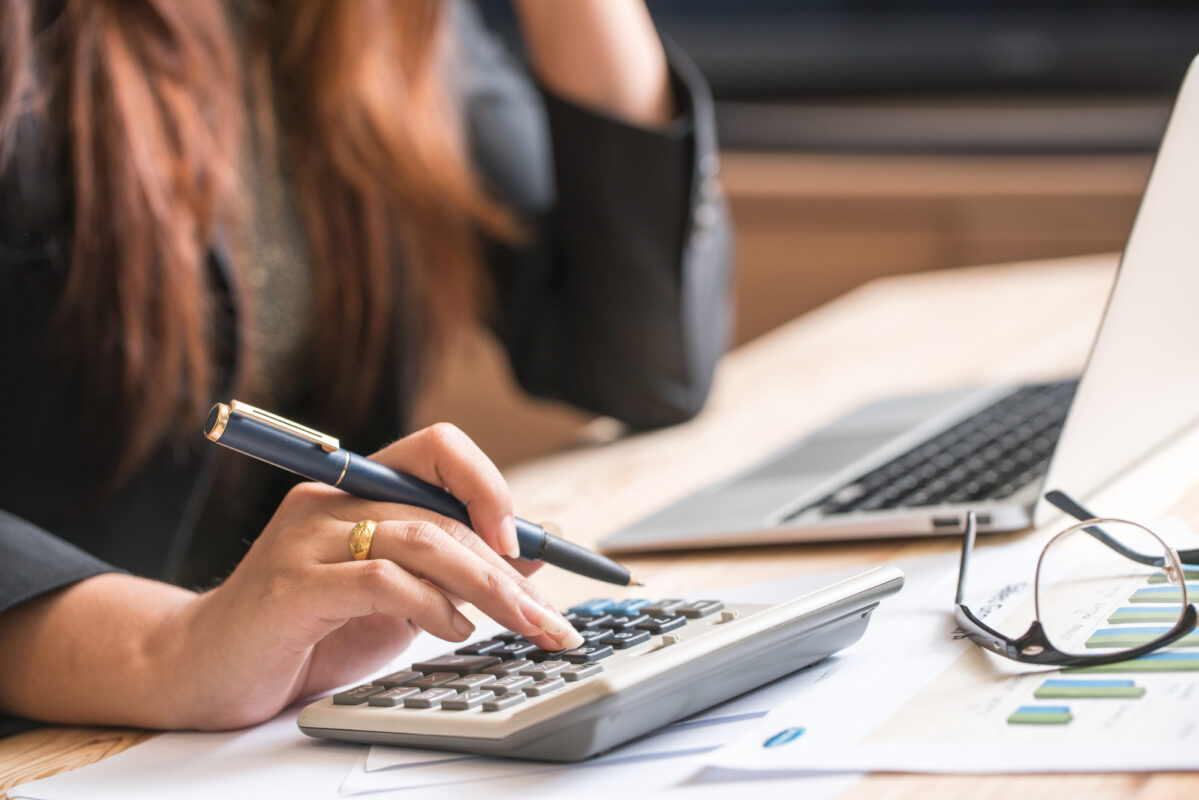Finance Tips: What Is a Personal Loan?
Do you find yourself in a difficult situation at this moment? Do you need money to pay for expenses? If you’re experiencing a financial hardship now, there is one way you can get money.
Personal loans can help you make ends meet. If you’re planning to apply for a personal loan, there are several things you need to know about. To learn more about personal loans read this guide.
The finance tips in this guide will teach you all you need to know about personal loans. This information will help you determine if one is right for you.
What Is a Personal Loan?
A personal loan is money a person can borrow from a source for a variety of purposes. Various institutions provide personal loans. Banks and online lenders are some of the institutions that offer personal loans.
Common uses for a personal loan include debt consolidation. People who want to merge their debt with a personal loan aim to lower their interest rate. Their goal is to simplify their monthly bills by repaying the debt in one single payment each month.
People who have a lot of credit card debt or student loan debt often take out a personal loan to pay down the debt in less time. Some people take out a personal loan to take care of a medical emergency. Health is a priority, so many people take out this type of loan to cover the medical expenses that come up.
A personal loan is an option many homeowners seek when they need to make home improvements. This can help to take out one to make an emergency repair around the house. Some homeowners take out a personal loan to make a large buy like a new fridge or stove.
Some people will take out a personal loan to pay for a vacation or wedding. Whatever the case may be, a personal loan can go toward any purpose.
An Unsecured Personal Loan
If you’re thinking of taking out a personal loan, you must know there are different types of personal loans. Most personal loans are in the form of an unsecured loan. This type of loan doesn’t need collateral.
If there isn’t a need for collateral, the borrower doesn’t need to set up a security deposit to guarantee the money. Lenders base unsecured personal loans on the borrower’s credit history or income.
What happens if one doesn’t pay back an unsecured personal loan? As there is no physical asset to backup this loan, failure to pay payments will affect one’s credit.
If a lot of time passes between missed payments, the loan will go to collections. If this happens, the borrower’s credit score will take a big hit. This is one of the reasons why an unsecured personal loan is riskier to the lender.
A Secured Personal Loan
On the other side of the spectrum is the secured loan. For a secured personal loan, the lender will ask the borrower to put up collateral. To qualify for the loan, the borrower will have to give the lender an asset.
The lender and borrower will agree on the type of asset that will serve as the guarantee for the loan. An asset can be anything from a car to a certificate of deposit.
An advantage of taking out a secured personal loan is the lower interest rate. Speaking of interest rates, you’ll need to consider how much you’ll pay in interest. The loan’s interest rate depends on whether the loan is fixed or adjustable.
How to Apply for a Personal Loan
Borrowing money takes a lot of responsibility. This is especially true if you seek to take out a personal loan. If you plan to apply for a personal loan, you’ll need to navigate through the application process.
The first thing you want to consider before applying for a personal loan is your credit score. You can check your credit score for free to determine what it is. The higher the score, the better chance you have of being approved for one.
If you don’t have a good credit score, you can still try to apply for a personal loan. The problem is that a lower credit score will get you a higher interest rate.
Before you apply, determine how much money you’re looking to borrow. Keep in mind that personal loans are issued as a lump sum. This means you’ll have to pay interest from the start on the entire amount.
Shop Around for Good Terms
Don’t jump into agreeing to the first personal loan offer you get. Even if you need the money now, take the time to shop around for the best terms and interest rates.
Not all personal loans are built the same way. Most lenders will give borrowers an oversight of how much interest rates they will have to pay.
While shopping around for a personal loan means a credit inquiry will be made, it will be a soft one. This type of credit inquiry will not damage your credit score.
When you are ready, submit a formal application. Once you submit a formal application, the lender will give you the exact terms of the personal loan. Be patient as this process may take up to a few days.
Example of a Personal Loan
If it’s your first time trying to take out a personal loan, you’ll want to pay close attention to this section. Borrowers need to understand how much their loan will cost.
Consider the following example to help you understand how much you may have to pay for a personal loan. One of the factors to take into account is the annual percentage rate, or APR. The APR is the cost of the personal loan based on the interest rate and fees.
Let’s say you take out a personal loan for $10,000. The APR on this personal loan is 7.5%. The lender gives you 24 months to pay the loan back.
Considering the terms, you’ll have to pay $450 per month. The total amount of interest you’ll pay by the time you finish paying off the loan is $799.90.
Let’s say you have different loan terms. The lender gives you 36 months to repay the loan. This time your APR is 6%.
In this case, the amount you will pay each month will be $304. The bad news is that you’ll have to pay more interest. It will go up to $951.90.
As you can see, the terms of a loan are important. Do take the time to shop around to find the best terms.
Terms You Must Know
To ensure you get the best loan terms, you must be familiar with several terms. You must know the personal loan lingo as it will help you compare your loan options.
You know what APR and collateral mean. You also know what fixed and adjustable rates mean. Do you know what an origination fee is?
An origination fee is a fee that some lenders will charge. This is a fee that you may come across for the service that the lender provides you with. It’s the amount you pay for initiating the loan application.
If you borrow a personal loan, you’ll come across the term principal. The amount of money you borrow, minus the interest is the principal.
Issues With Your Loan Payment
A prepayment penalty is the amount of time the lender gives out to repay the personal loan in full. You may be saying to yourself, “I’ll pay for the personal loan early.” This isn’t always a good idea.
Did you know some lenders include a prepayment penalty as part of the terms? If there’s a prepayment penalty in your terms and you decide to pay some or all your loan early, you’ll have to pay this fee.
You know that if you fail to pay your monthly payments, there will be negative consequences. If this is a problem, the lender will declare your credit amount as delinquent.
Not paying the loan as outlined in the terms will lead the lender to declare your loan to be in default. Avoid this at all costs. The last thing you want is to ruin your credit score.
Apply These Finance Tips When Applying for a Personal Loan
Data shows that about 19.1 million people have a personal loan out right now. If you plan to apply for one, take the time to read the finance tips in this guide. This finance advice can help you avoid any issues down the road should you decide to apply for this type of loan.
Explore the rest of our blog to read more articles about business, marketing, and personal finances.


